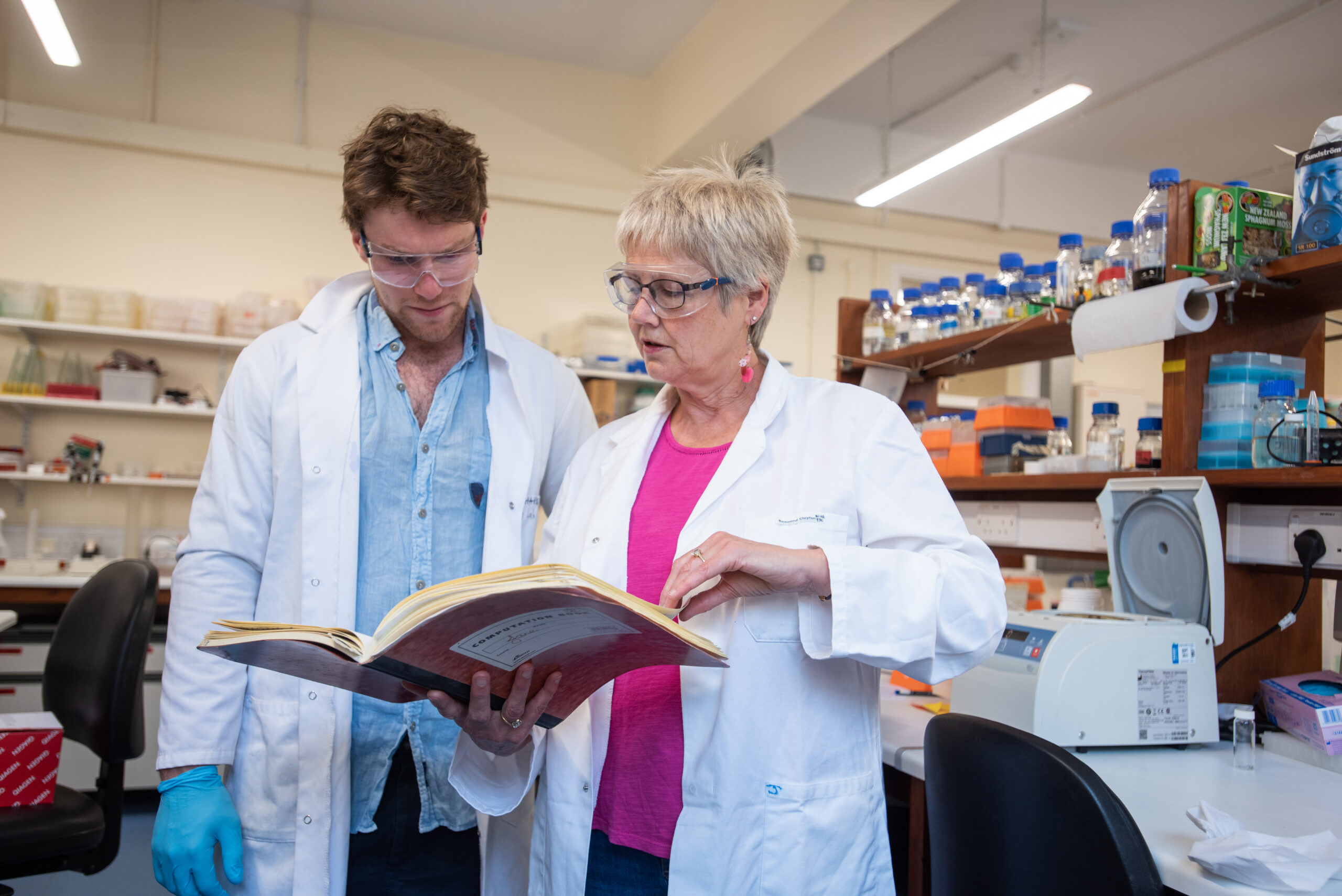Carbon Committee: Responding to the Climate Crisis and Moving Towards Emitting Net Zero Carbon Waste
The climate crisis creates profound challenges for humanity that require action at all scales, from the personal to the global.
As part of a world class collegiate University, Queen’s most substantial contributions to humanity’s ability to respond to these challenges will be through the research it supports and the education it provides. It is through new science and technologies, and new knowledge from the humanities and social sciences, that the greatest change will happen. The College therefore seeks to provide the best possible environment for research and education.
However, Queen’s creates waste carbon through its operations as an employer, a service provider, and an investor in markets and in land and property. Where it can reduce carbon emissions without hindering its ability to meet its charitable objectives, it aims to do so as far and as fast as is reasonable.
Staff, students and visitors, as individuals, also have a role to play. The College aims to provide an environment that promotes awareness of the greenhouse-gas related costs of aspects of College life, so that everyone who works, studies, or visits can make properly informed choices about their personal impact. It takes the view that the necessarily profound changes in individual behaviour, both inside and outside the College, are achieved by persuasion and the provision of low carbon options, rather than coercion.
When making decisions, the College aims to act in ways informed by the best available academic knowledge and expertise, including drawing on resources from across the University.
Governance
In 2019 the College established a Carbon Control Committee to monitor the College’s greenhouse gas production, indirect as well as direct, and to develop measures which will assist in reducing this to a proportionate minimum. The Carbon Control Committee evaluates proposals for carbon control initiatives to attempt to disentangle the hype from the reality; unfortunately, a process that is becoming more important. In some instances the Committee is not competent to evaluate issues and in that case either a consultant is employed, or the relevant College committee considers it. Where the issue is a matter for another Committee or for an Officer, the Committee’s role is one of advising and, where relevant, monitoring progress.
The Committee’s members include Fellows, College staff, and students. It reports to the Governing Body but works with and through the College’s other Committees and Officers to ensure that their measures are in line with the College’s carbon control policy. It receives regular reports from across the College and reports annually (in Trinity Term) on progress to the Governing Body, taking account of all elements of the policy.
Approach to carbon control within the College
The College works across all aspects of its life and operations to seek to reduce carbon waste as fast as possible, consistent with its academic objectives.
Infrastructure: The design of all new buildings and infrastructure must include careful consideration of ‘cradle to grave’ greenhouse gas-related costs, so that these be minimised. Decisions on maintenance and refurbishment should always take account of the urgent need to reduce carbon emissions.
Working practices: Working practices must take account of greenhouse gas production, including by minimising travel-related emissions, by purchasing low greenhouse gas-producing products where possible and by encouraging their use where choices are available.
Investment: Queen’s does not invest directly in fossil fuel companies. Where it directly owns agricultural and commercial property, it supports tenants in sustainable innovations such as the creation of solar energy and sustainable management of woodlands. Carbon impacts and sustainability are regularly considered in decisions on investment and the management of its portfolio.
Community initiatives: Awareness of the greenhouse gas-related costs of aspects of College life is promoted through a range of methods, refreshed through innovation and experimentation, in order to ensure that all individuals and groups make properly informed choices.


